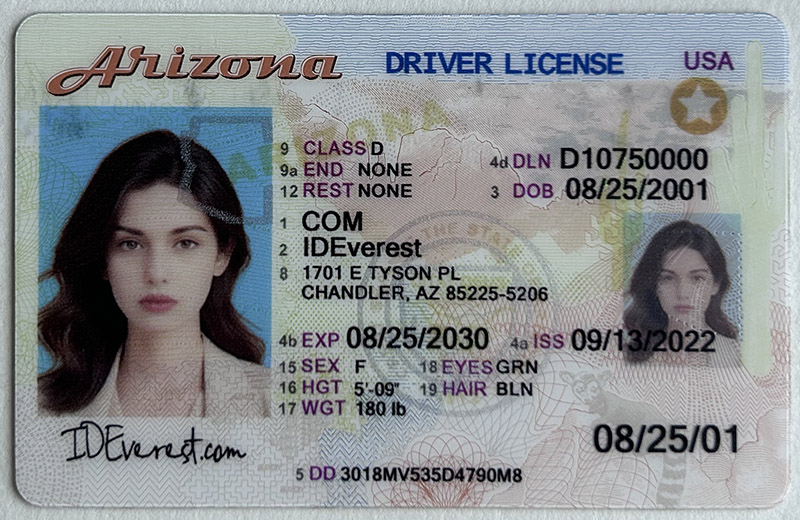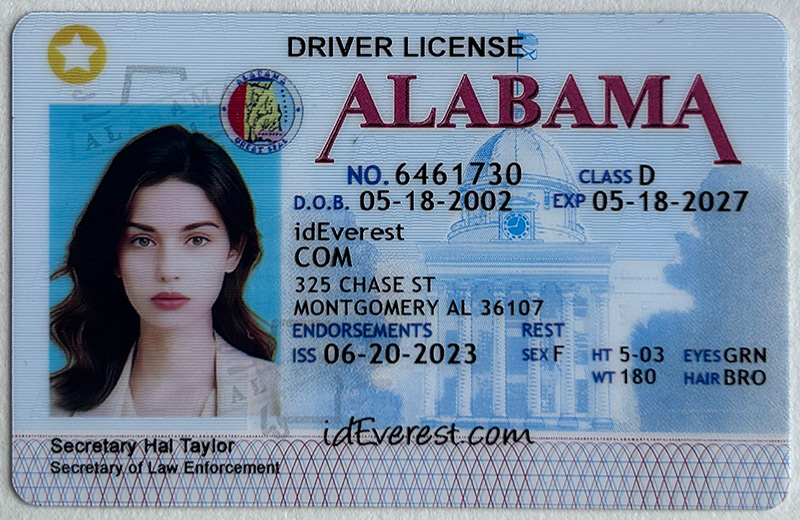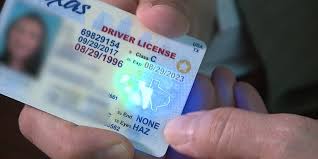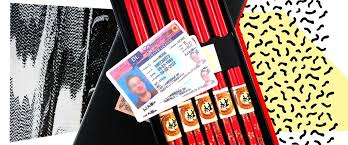The Art and Ethics of Forging Signatures: What You Need to Know
Discover the intriguing world of signature forgery, exploring the methods, motivations, and ethical dilemmas surrounding this secretive craft. Whether driven by curiosity, necessity, or mischief, understanding the ins and outs of signature replication is both fascinating and essential.
Understanding the Intricacies of Signature Forgery
Forging a signature is a practice as old as the concept of signatures themselves. Throughout history, the ability to imitate someone else's signature has served as both a powerful tool and a dangerous weapon. Whether used by spies, criminals, or even desperate individuals in dire situations, the art of forging a signature requires skill, precision, and a deep understanding of both the mechanics of writing and human psychology.
The Anatomy of a Signature
To successfully replicate a signature, one must first understand what makes each one unique. A signature is more than just a person's name scribbled on a piece of paper; it is an extension of their identity. This uniqueness comes from a variety of factors, including:
Stroke Pressure: The way a pen is pressed against the paper, which affects the thickness and darkness of the lines.
Pen Movement: The speed and direction in which the pen moves, influencing the curves, angles, and overall flow of the signature.
Personal Style: This includes flourishes, loops, dots, and slashes that are unique to each individual’s handwriting style.
Each of these elements must be meticulously analyzed and replicated to produce a convincing fake signature. In some cases, even the paper and ink type used can be a giveaway, requiring forgers to go the extra mile to match every detail.
Motivations Behind Forging Signatures
People forge signatures for a myriad of reasons. While some motives are criminal, such as committing fraud or identity theft, others may be more innocuous. Common motivations include:
Desperation: Individuals might forge signatures to sign off on important documents that require a signature from someone who is unavailable.
Convenience: In some cases, a person might ask someone else to forge their signature simply because they are unable or unwilling to sign something themselves.
Mischief: For some, the challenge of creating a perfect forgery can be a fun, albeit risky, pastime.
Regardless of the motivation, it is important to remember that forging a signature is illegal in many jurisdictions and can lead to severe consequences if discovered.
Techniques for Signature Forgery
Forging a signature is not simply about copying what you see. A skilled forger must employ a range of techniques to create a signature that not only looks authentic but also feels right. Here are some common methods:
Freehand Forgery: This technique involves practicing the signature repeatedly until it can be recreated from memory. This method requires a steady hand and a keen eye for detail.
Tracing: Tracing is a simpler method where the forger places the original signature under a new piece of paper and carefully traces over it. While easier, it is also more detectable if not done perfectly.
Scanning and Printing: In the digital age, some forgers scan the original signature and use software to print it onto a new document. However, this method can often be detected through digital forensics.
Each technique has its strengths and weaknesses, and the choice of method often depends on the forger's skill level and the intended use of the forged signature.
The Ethical Dilemmas and Legal Consequences of Forgery
While the mechanics of forging a signature can be fascinating, it is crucial to understand the ethical and legal implications of such actions. Signature forgery is not a victimless crime, and the consequences can be severe, both for the forger and for those affected by the forgery.
The Ethical Implications of Forgery
At its core, forgery is an act of deception. By forging someone’s signature, the forger is effectively impersonating that person, which can lead to a host of ethical dilemmas. These include:
Breach of Trust: Signatures are often used as a form of personal or legal commitment. Forging a signature breaches this trust, potentially causing harm to the person whose identity is being used.
Financial and Legal Consequences: Forged signatures can lead to significant financial loss or legal complications for the victim. Whether it's signing off on a contract, cashing a check, or altering a legal document, the repercussions can be dire.
Moral Responsibility: Even if the forgery is done with the best intentions, such as helping a friend or family member, the act still raises serious moral questions. Is it ever justifiable to deceive someone, even for a good cause?
These ethical considerations are why signature forgery is viewed so seriously by legal systems around the world.
Legal Consequences of Signature Forgery
From a legal standpoint, forging a signature is considered fraud and is punishable by law in most countries. The severity of the punishment depends on several factors, including:
Intent: If the forgery was done with the intent to deceive or defraud, the penalties are typically more severe.
Extent of Damage: The amount of financial or personal damage caused by the forgery can influence the legal consequences. In cases of significant financial fraud, the penalties can include heavy fines and lengthy prison sentences.
Jurisdiction: Laws regarding forgery vary by country and even by state within countries. It’s essential to understand the specific laws in your jurisdiction.
Legal repercussions can include both criminal and civil charges, leading to fines, restitution, and imprisonment. Even if the forger is not caught immediately, the possibility of detection always looms, especially as forensic handwriting analysis and digital forensics continue to advance.
Protecting Yourself Against Forgery
Given the potential risks associated with signature forgery, it’s important to take steps to protect yourself. Some preventive measures include:
Signature Verification: Using verification tools, such as signature comparison software, can help detect forged signatures, especially in high-stakes situations.
Secure Documentation: Keep important documents secure and avoid leaving blank, signed papers where they can be accessed by others.
Educate and Inform: Raise awareness about the risks and consequences of forgery, particularly in professional environments where signatures carry significant weight.
Understanding the dangers and implications of signature forgery is crucial for anyone who relies on their signature as a form of identification or legal commitment. While the art of forging signatures might seem intriguing, it is a practice fraught with ethical and legal dangers that far outweigh any potential benefits.
By exploring both the techniques and consequences of signature forgery, we gain insight into why this practice, though historically significant, remains a controversial and dangerous endeavor. Whether you are fascinated by the skill involved or concerned about protecting your identity, the importance of understanding signature forgery cannot be overstated.
 Arizona Fake ID Cards
Arizona Fake ID Cards
 ideverest scans Alabama fake I
ideverest scans Alabama fake I
 Fake Florida DL
Fake Florida DL
 scannable Fake US-Green Card
scannable Fake US-Green Card